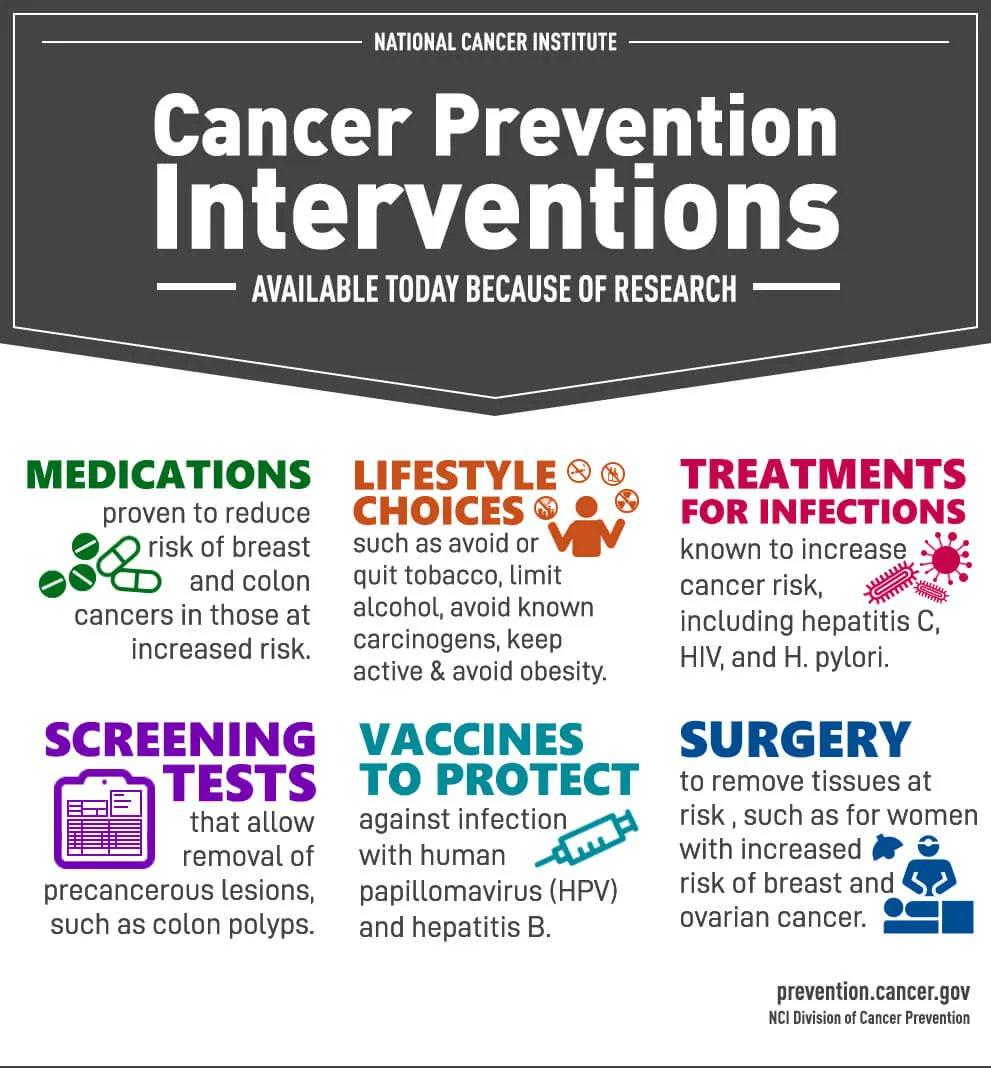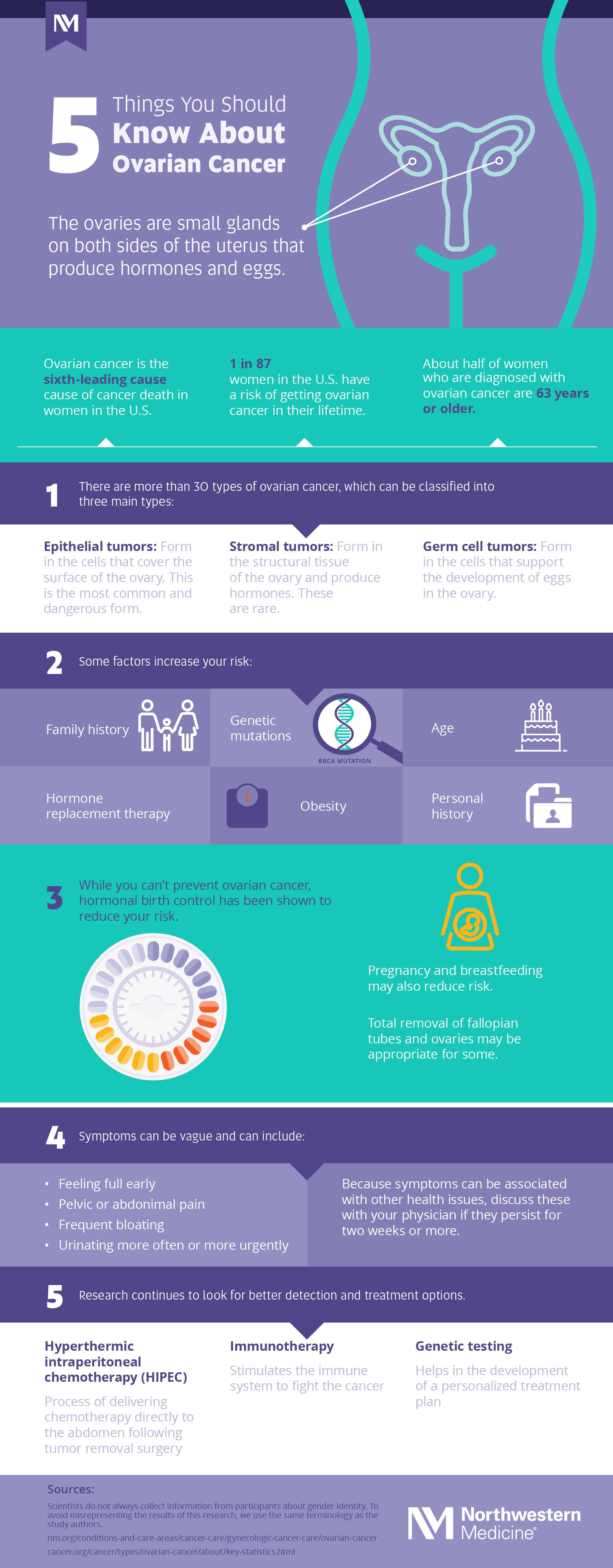Ovarian cancer, often dubbed the “silent killer,” weaves its presence subtly, masking its signs until it demands attention. In the intricate tapestry of human health, understanding the threads that lead to this elusive adversary becomes paramount. As researchers delve deeper into the labyrinth of genetic, environmental, and lifestyle influences, a clearer picture of the risk factors emerges, offering hope for early detection and prevention. This article embarks on a journey to unravel these complexities, shedding light on the nuances of ovarian cancer’s risk factors. By comprehending the elements that contribute to its onset, we empower ourselves with knowledge—a crucial tool in the ongoing battle against this formidable foe. Join us as we explore the scientific insights and evolving perspectives that shape our understanding of ovarian cancer risk factors, paving the way for a future where this silent threat is met with vigilance and resilience.
Genetic Predispositions and Their Impact on Ovarian Cancer Risk
Understanding the genetic factors contributing to ovarian cancer risk can significantly influence early detection and prevention strategies. Certain genetic mutations, notably in the BRCA1 and BRCA2 genes, are known to elevate the risk of developing ovarian cancer. These mutations can be inherited, making family history a crucial aspect of assessing individual risk levels. Women with these mutations often face a significantly higher lifetime risk compared to the general population.
- BRCA1 and BRCA2 Mutations: These are the most well-known genetic markers associated with ovarian cancer. Women carrying these mutations may consider preventive measures such as regular screenings or prophylactic surgeries.
- Lynch Syndrome: This hereditary condition, caused by mutations in mismatch repair genes, also increases the risk of ovarian cancer, along with other cancers.
- Family History: A strong family history of ovarian or related cancers can indicate a potential genetic predisposition, warranting genetic counseling and testing.
While not all ovarian cancer cases are linked to genetics, understanding these predispositions can empower individuals to make informed decisions about their health. Genetic testing and counseling can play a pivotal role in identifying those at higher risk, offering pathways for proactive health management and personalized care plans.

Lifestyle Choices: Modifiable Factors in Ovarian Cancer Prevention
When it comes to reducing the risk of ovarian cancer, understanding the role of lifestyle choices can be empowering. While some risk factors such as age and genetics are beyond our control, there are several modifiable factors that can play a significant role in prevention. Diet and nutrition are crucial components; incorporating a variety of fruits and vegetables, whole grains, and lean proteins can support overall health and potentially lower cancer risk. Maintaining a healthy weight through regular physical activity and mindful eating is also essential, as obesity has been linked to an increased risk of ovarian cancer.
- Smoking cessation: Quitting smoking can significantly reduce the risk, as tobacco use is a known contributor to various cancers, including ovarian.
- Limiting alcohol consumption: Moderation is key, as excessive alcohol intake may elevate cancer risk.
- Hormonal considerations: Discussing the risks and benefits of hormone replacement therapy (HRT) with a healthcare provider can help make informed decisions, as certain HRTs have been associated with increased ovarian cancer risk.
- Regular screenings and check-ups: Although there is no definitive screening for ovarian cancer, staying vigilant with regular medical consultations can help in early detection and intervention.
By embracing these lifestyle adjustments, individuals can take proactive steps towards minimizing their risk, contributing to overall well-being and potentially safeguarding against ovarian cancer.

Environmental Influences: Uncovering External Contributors to Ovarian Cancer
The role of environmental factors in the development of ovarian cancer is a complex web of interactions, influencing risk in ways that science continues to unravel. Dietary habits, for instance, play a significant part. While the evidence isn’t yet conclusive, some studies suggest that diets high in fat and low in fruits and vegetables may contribute to increased risk. Moreover, exposure to harmful chemicals, whether through occupational hazards or pollutants in the air and water, is another area under scrutiny. These substances may contain carcinogens that disrupt hormonal balances or directly damage cellular DNA.
Furthermore, the impact of lifestyle choices cannot be ignored. Smoking and alcohol consumption are often highlighted as potential risk factors, although their exact influence on ovarian cancer remains a subject of ongoing research. Similarly, physical inactivity may indirectly elevate risk by contributing to obesity, which is linked to a host of health issues, including cancer. While the full scope of environmental influences is yet to be comprehensively mapped, understanding these factors empowers individuals to make informed decisions about their health and lifestyle.

Proactive Health Measures: Strategies for Reducing Ovarian Cancer Risk
Taking proactive steps towards reducing the risk of ovarian cancer involves a combination of lifestyle choices and medical interventions. While no strategy guarantees prevention, certain measures can significantly lower risk factors. Adopting a healthy diet rich in fruits, vegetables, and whole grains, while limiting the intake of processed foods and red meats, can support overall health and may contribute to a reduced cancer risk. Regular physical activity not only helps maintain a healthy weight but also boosts the immune system, which plays a role in cancer prevention.
- Consider oral contraceptives: Studies suggest that the use of birth control pills can lower the risk of ovarian cancer, especially when used for an extended period.
- Family history awareness: Understanding your family’s medical history can help in identifying potential genetic risks. Genetic counseling and testing for BRCA1 and BRCA2 mutations may be advised for those with a family history of ovarian or breast cancer.
- Limit hormone therapy: If considering hormone replacement therapy, discuss the risks and benefits with a healthcare provider, as some forms may increase cancer risk.








